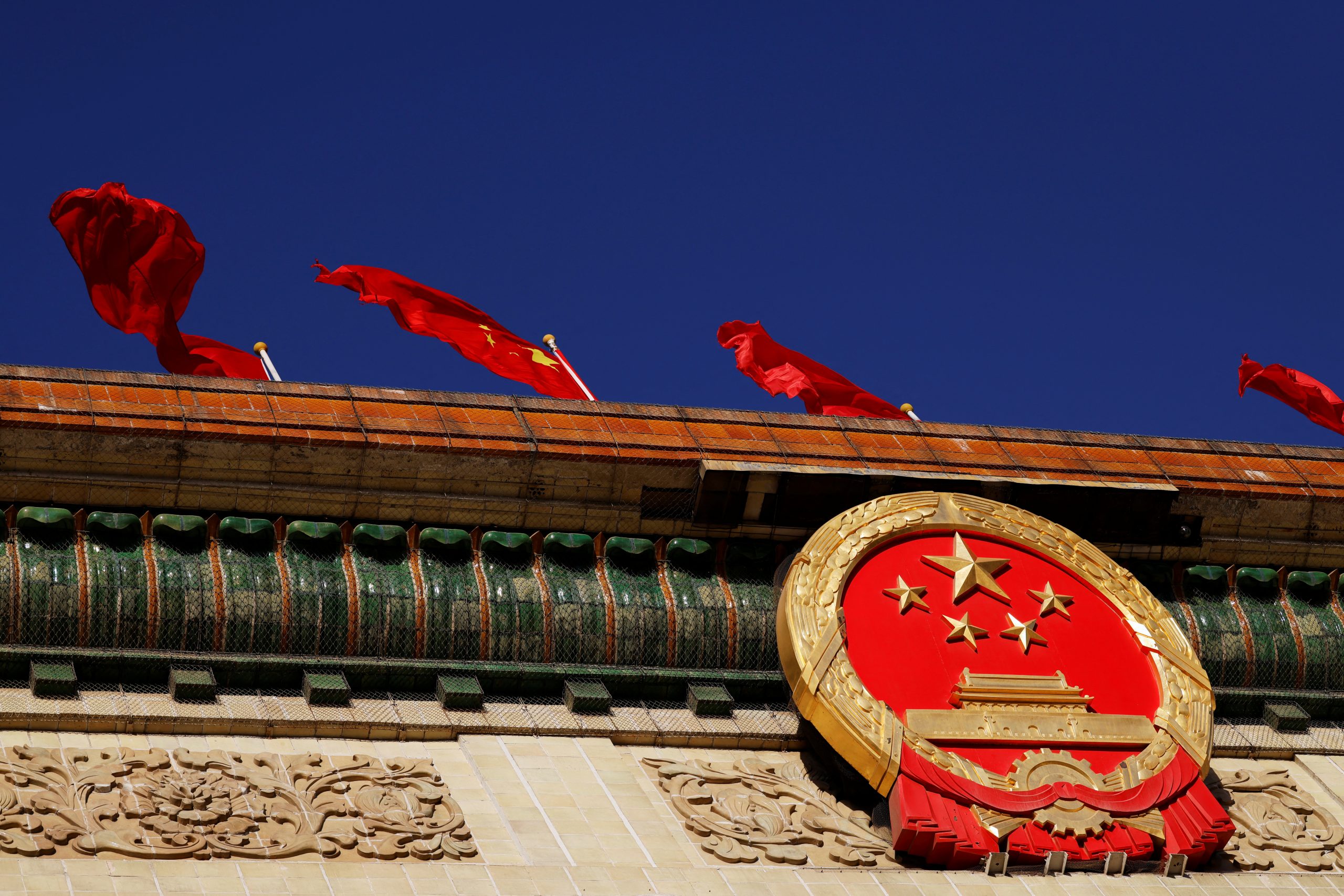
Willie R. Tubbs, FISM News
[elfsight_social_share_buttons id=”1″]
With mixed messages emerging from China on where that nation stands in regard to Russia’s invasion of Ukraine, U.S. President Joe Biden hopes to persuade Chinese President Xi Jinping to take a more active role in dissuading Russian aggression and offer more humanitarian assistance to Ukraine; but nothing in the U.S.-China relationship comes easy.
Thursday, the White House announced Biden and Xi would speak by phone today, with the topics of discussion listed as “competition between our two countries as well as Russia’s war against Ukraine and other issues of mutual concern.”
As conducive to productive talks as that announcement reads, all other signs point to a contentious conversation and both sides have ramped up their efforts to vilify the other.
The best-case-scenario in the West is that Xi will join sanctions against Russia, or deprive Russia of material aid. A move of this sort would doom Russia, as China is Russia’s largest trading partner, and place Putin in a precarious position. As reported by Politico, President Biden would likely settle for China condemning Russia’s actions, which to date China hasn’t even labeled an invasion.
“We believe China in particular has a responsibility to use its influence with President Putin and to defend the international rules and principles that it professes to support,” Secretary of State Antony Blinken said during press availability Thursday. “Instead, it appears that China is moving in the opposite direction by refusing to condemn this aggression while seeking to portray itself as a neutral arbiter – and we’re concerned that they are considering directly assisting Russia with military equipment to use in Ukraine.”
Blinken added the President Biden would use the call to “make clear that China will bear responsibility for any actions it takes to support Russia’s aggression, and we will not hesitate to impose costs.”
China’s position is less clear.
As reported by CNBC, Chinese state-run media dedicated time to blaming the United States for Russia’s entry into Ukraine. The office of the Chinese Foreign Ministry has also been keen to criticize the U.S. and West.
“The U.S. lately has made many provocative remarks about China,” Foreign Ministry Spokesperson Zhao Lijian said in a press conference Wednesday. He later added, “The [United States’] remarks reflect thinly-veiled bullying and coercion and expose the ingrained Cold War zero-sum mentality and bloc confrontation. They represent another product of the US’ philosophy of doing things ‘from a position of strength.’”
Bloomberg reported Thursday that the Biden Administration has concerns that Xi is inching closer in support of Russian President Vladimir Putin.
However, not all experts agree. In its article, CNBC quoted an international policy expert who said Chinese support of Russia is strictly rhetorical.
“In the last few days there are signs of a shift in state media coverage, which may reflect Beijing’s attempt to distance itself from Moscow,” Gabriel Wildau, senior vice president of the consulting firm Teneo, told CNBC.
The most notable shift has been a refocusing of China’s rhetoric toward peace talks, which Zhao on Thursday said has long been China’s policy.
“China’s position on the Ukraine issue is consistent,” Zhao said. “We support Russia and Ukraine in continuing to properly resolve the relevant issues through negotiation and consultation, and the international community in playing an active role in peacefully settling disputes. All parties should avoid making the issue more complicated.”
China, perhaps even more than the United States, wants to avoid being pulled into the conflict. International sanctions and being cut off from the world, a prospect that would be far more complex given the scope of goods and services the international community purchases from China, are an unappealing option for China.
But Putin and Xi have a close relationship, and only recently celebrated the extension of the treaty that links China and Russia as close allies.
